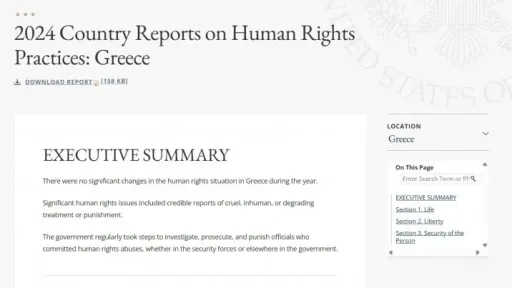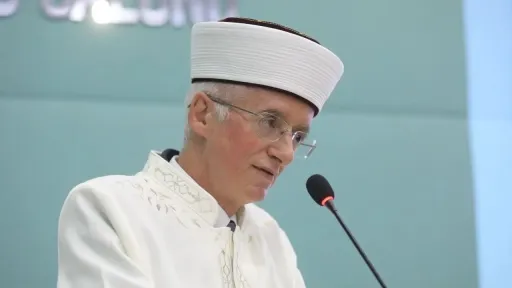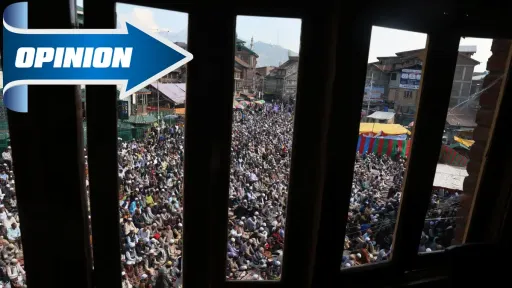Perennial question: ethnic antagonism in Greece

Greece is a country well-known for its attitude towards ethnic identities. While time is passing and identity politics is changing all over the world, Greece has not managed to deal with this persistent problem yet. What makes this problem so unsolvable?
The history of modern Greece dates back to the emergence of nation-states. Taking into account that the idea of the nation-state was foreseeing a national homogeneity, the questions among diversities become a usual fact. The problem here varies depending on the basis on which the idea of homogeneity is based (i.e. ethnic, cultural, lingual, civil, etc.). This also reveals paradoxically that the communities most wanted to be assimilated are those most outside the mainstream ideology.
Here, the problem arises on the basis of Greece's ethnic homogeneity strategies. The ethnic type of homogeneity, I guess, is the most troublesome as none state consists of only one ethnicity. Even a country like Japan in its most homogenous form faces diversities.
Even its ethnic ideal, the 'Greek nation' is an imagined community as Benedict Anderson presents. By that, I mean that the 'ethnic Greek nation' is built not only in ethnic form but also in cultural form. The population exchange in 1923 demonstrates that the Greek nation-state is pretty much the sequel of the Orthodox nation as one of the nations in the millet system of the Ottoman State.
To talk about the millet system, it was a strategy established in the Ottoman State after the conquest of Istanbul to deal with the diversities. The diversities then were determined on a religious basis which allowed them to be governed by their own ruler (Patriarch in Orthodox and Armenian millets, Chief Rabbi in Jewish millet, and Sadrazam in Muslim millet). In other words, the population exchange was the exchange of Orthodox and Muslim millets with the exception of the Greeks in Istanbul and the Turks in Western Thrace.
Based on this, Greece claims that the Turkish Minority of Western Thrace consists of three different ethnic elements (Turks in origin, Pomaks, and Roma). This also means that the Minority in Western Thrace cannot be an ethnic minority. If we recall Weber's words "ethnicity is a belief in a common origin", that is to say, one's ethnicity cannot be determined by an upper politic mechanism but by its own. This also reveals the paradox mentioned above: the communities most wanted to be assimilated are those most outside the mainstream ideology. Another problem is that Greece considers ethnicity only on a racial basis. To remind that racially based theories were buried in history, even the ethnic Greek nation itself cannot be racially based. At this point, it is necessary to go back to Weber's word: an ethnic group should only be defined by itself.
Last but not least, referring to the religion in the Treaty of Lausanne was to create cultural homogeneity. The Greeks of Istanbul are referred as Greek-Orthodox (ethnic-religious) because they are not the only Orthodox community in Turkey. On the contrary, Western Thrace Turks are referred to as Muslims because they are the only Muslim community in Greece. In brief, Greeks in Istanbul are Greeks as the Greek State and vice-versa.







